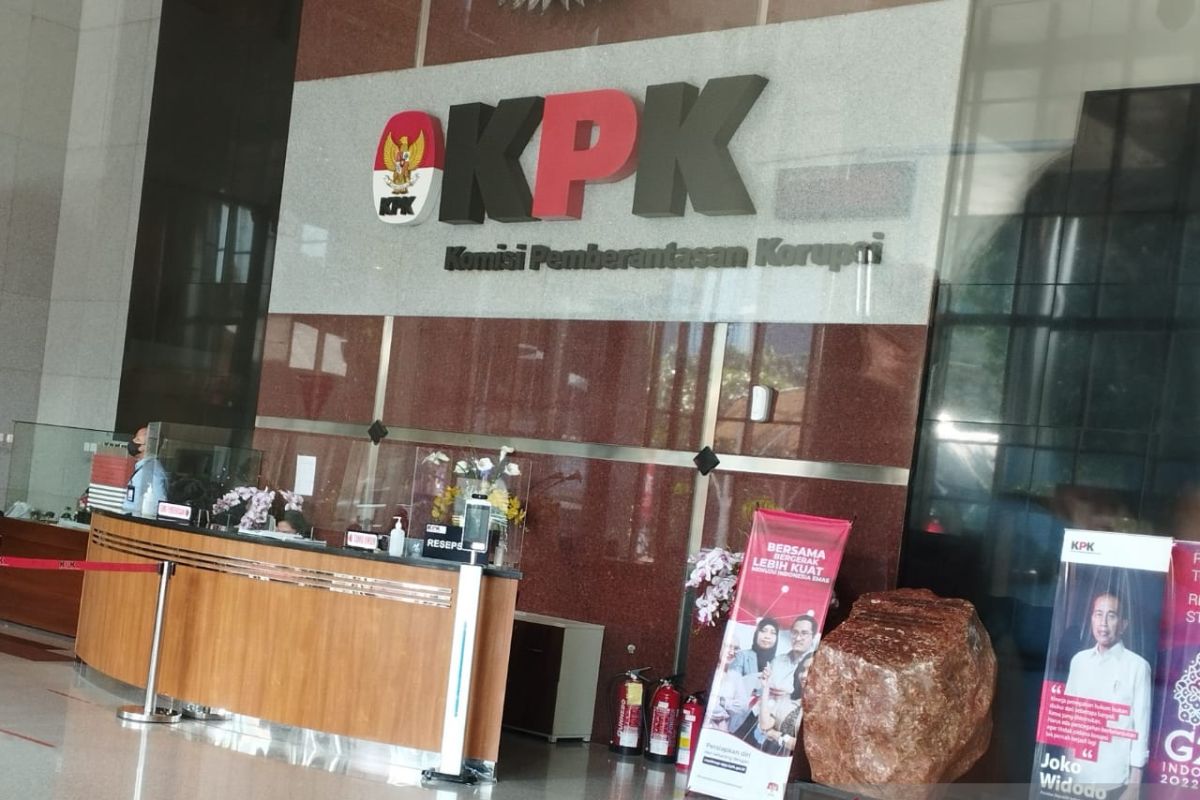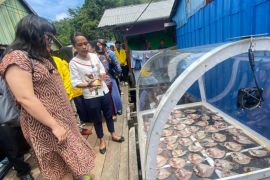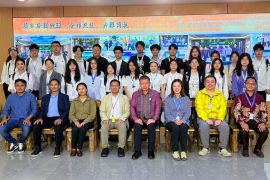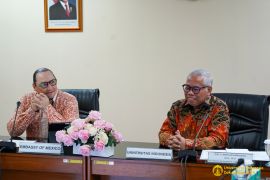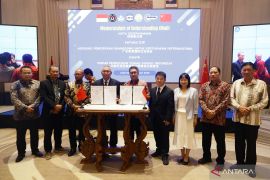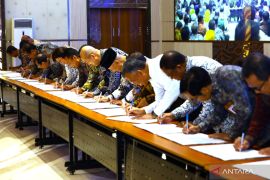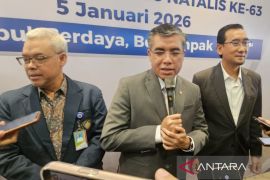The acting spokesperson of the prevention section at the Corruption Eradication Commission, Ipi Maryati Kuding, echoed the ministry's commitment to improving the system or mechanism of new student admissions through these tests.
"It is expected that efforts to improve will increase transparency and accountability as well as provide opportunities for prospective students to compete fairly and in a corruption-free manner. (This is) especially for faculties that majority of (the members of the) public aim for, such as medicine, engineering, economics, and others," Kuding noted.
The commission conducted a coordination meeting with the ministry's officials to discuss improvements in the process of new student admissions through a university-hosted exam on Friday, August 26.
Among the four recommendations issued was firstly for the ministry to immediately conduct a limited audit on universities to gauge weaknesses in the process of university-hosted exam for new student admissions.
The audit can be conducted in collaboration with the Financial and Development Supervisory Agency.
According to the second recommendation, the ministry could prepare guidelines to ensure transparency and accountability in the admission process, with stipulations on information disclosure on the number of seats or available quotas, indicators, and criteria.
Academic-based selection through tests are to be conducted independently, through a consortium, or using other test results, as well as quota transparency for affirmation groups.
Related news: Rectors asked not to commit corruption in student admission process
Third, the process of admission of new students through the university exam method must be conducted digitally. Digitization in the series of the new student admission process would provide better and immediate clarity and transparency.
Fourth, improve supervision and encourage public participation in submitting reports through complaint channels, both managed by the ministry and through the JAGA (Jaringan Pencegahan Korupsi or the Corruption Prevention Network) Campus platform managed by the commission.
"In addition, the Corruption Eradication Commission sees the importance of improving existing regulations," she remarked.
She also noted that at the meeting, the commission provided some suggestions on the draft of the Education, Culture, Research, and Technology Ministry's Regulation regarding New Student Admissions for Diploma Programs and Undergraduate Programs at State Universities, which was a revision of Ministry's Regulation Number 6 of 2020, which was currently being processed by the ministry.
Kuding highlighted results of the commission's reviews and inputs that were detailed in some articles of the draft, which included the importance of avoiding clash of interests, including gratification and relations, digitization in the entire series of processes, and standards of the university admission exam.
It also included an affirmative meeting on selection and the need for holistic guidance and supervision in all stages from planning, preparation, criteria setting, and selection process to announcement and up to the point of the rebuttal period.
The commission had recently named the rector of the University of Lampung, Karomani, along with three other people, as suspects in alleged bribery related to the university test student admission process at the university.
Related news: New university students must study according to interests: minister
Related news: 14,504 Teaching Campus students to support learning in 2,876 schools
Translator: Benardy F, Mecca Yumna
Editor: Suharto
Copyright © ANTARA 2022
